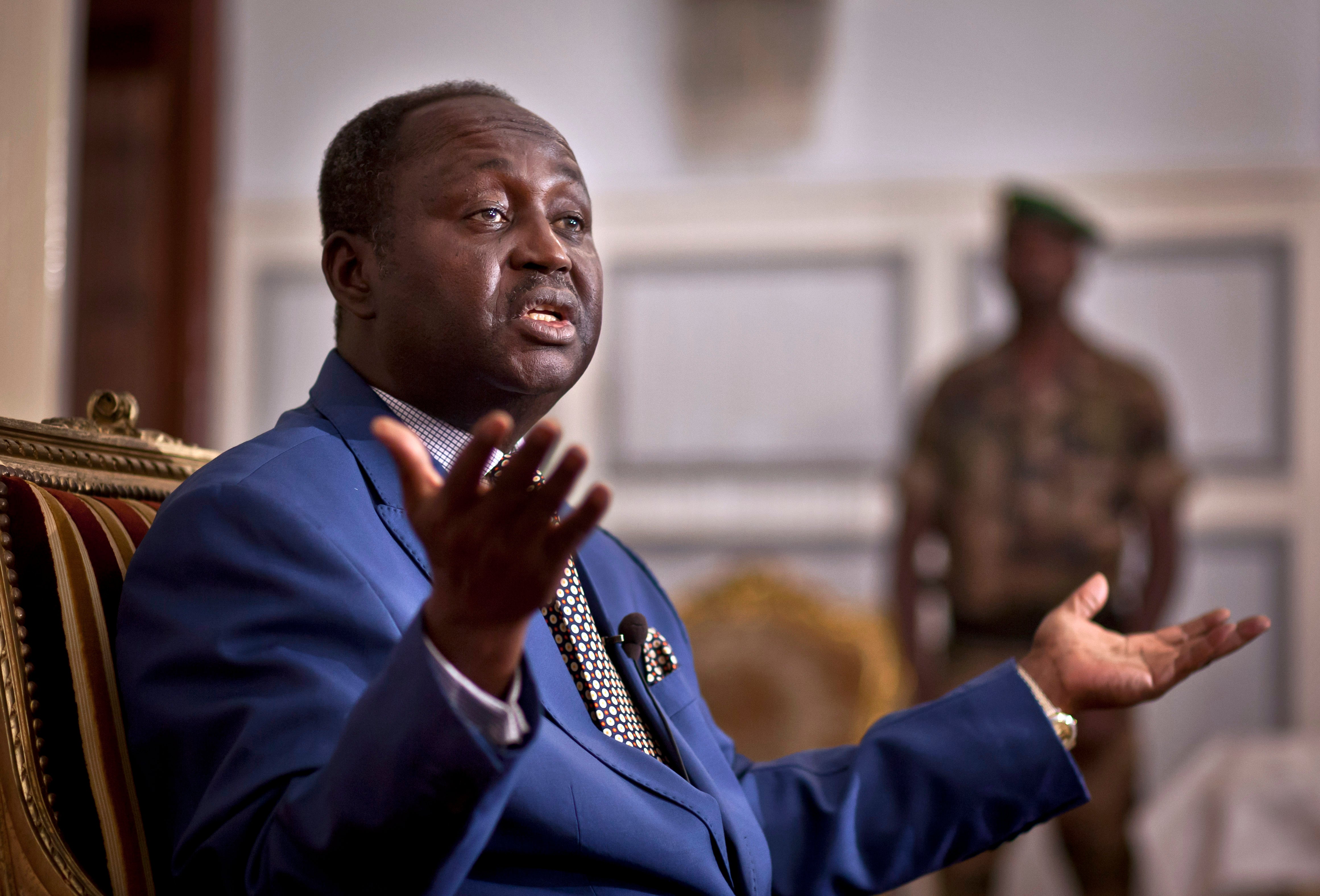Court in the Central African Republic seeks arrest of ex-President Bozizé for human rights abuses
A spokesperson for an internationally backed court in the Central African Republic says the panel has issued an international arrest warrant for the country’s exiled former President François Bozizé for human rights abuses

An internationally backed court in the Central African Republic issued an international arrest warrant Tuesday for the country’s exiled former President François Bozizé for human rights abuses from 2009 to 2013, a spokesperson said.
The Special Criminal Court was set up in the capital, Bangui, to try war crimes and other human rights abuses committed during the coups and violence that the country has experienced since 2003.
Court spokesperson Gervais Bodagy Laoulé said the warrant was for crimes committed under Bozizé's leadership in a civilian prison and at a military training center in the city of Bossembélém where many people were tortured and killed.
The warrant covers crimes from 2009 to 2013 by the presidential guard and other security forces, Laoulé said.
Bozizé current lives in exile in Guinea Bissau, where that country's President Umaro Sissoco Embaló told the Associated Press that he had not received any request from Bangui about the arrest warrant, and that the country’s laws do not allow for extradition.
Ibrahim Nour, whose father was tortured and killed in the infamous Bossembélé prison, welcomed the arrest warrant.
“Justice may be slow, but it will eventually catch up with the executioners. That’s why I welcome the arrest warrant for the men who killed my father, and for whom we are waiting for explanations so that we can begin to mourn,” Nour said.
The court was created in 2015, but took several years to begin operating. Human Rights Watch has described its creation as a landmark to advance justice for victims of serious crimes.
Patryk Labuda, an expert in international criminal law at the Polish Academy of Sciences, told the AP that the warrant issued Tuesday sends a message about the court’s intention to prosecute wrongdoing by the state.
“This arrest warrant is certainly one of the most high profile developments in the 5 years the court has operated,” Labuda said.
Bozizé seized power in a coup in 2003, and was ousted by predominantly Muslim Seleka rebels a decade later. That led to a civil war between the rebels and mostly Christian militias marked by sectarian violence atrocities and the forced use of child soliders.
Both the U.S. and the United Nations targeted Bozizé with sanctions for fueling the violence.
The U.N., which has a peacekeeping mission in the country, estimates the fighting has killed thousands and displaced over a million people, or one-fifth of the population. In 2019, a peace deal was reached between the government and 14 armed groups, but fighting continues.
About 10,000 children are still fighting alongside armed groups in Central African Republic more than a decade after civil war broke out, the government said earlier this year.
“It’s a great day for us victims to learn that François Bozizé is the target of an international arrest warrant,” said Audrey Yamalé, a member of the Association of Victims of the 2013 Crisis. “But let’s not stop there. We would like Guinea Bissau to cooperate in his extradition.”
——-
Assana reported from Bissau. Associated Press writer Jessica Donati in Dakar, Senegal, contributed.
Bookmark popover
Removed from bookmarks